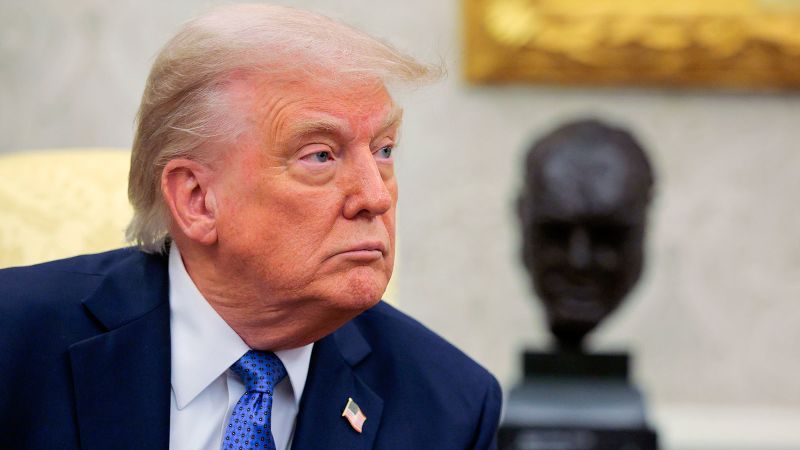Trump's Ukraine 'Peace' Plan Reveals Diplomatic Disconnect

President Donald Trump's controversial foreign policy approach has shattered any remaining illusion of American diplomatic neutrality. His unabashed pressure on Ukraine, coupled with his deferential treatment of Russian President Vladimir Putin, has fundamentally undermined the United States' long-standing reputation as an impartial mediator in international conflicts.
Trump's actions reveal a stark departure from traditional diplomatic norms, where the U.S. has historically positioned itself as a balanced and objective peace broker. By openly manipulating diplomatic relationships and showing clear favoritism, the president has eroded the credibility of American foreign policy and raised serious questions about the nation's commitment to fair and balanced international engagement.
The stark contrast between Trump's aggressive stance towards Ukraine and his remarkably soft approach to Russia exposes a troubling pattern of selective diplomacy that threatens to destabilize long-established international relationships and undermine global trust in American leadership.
